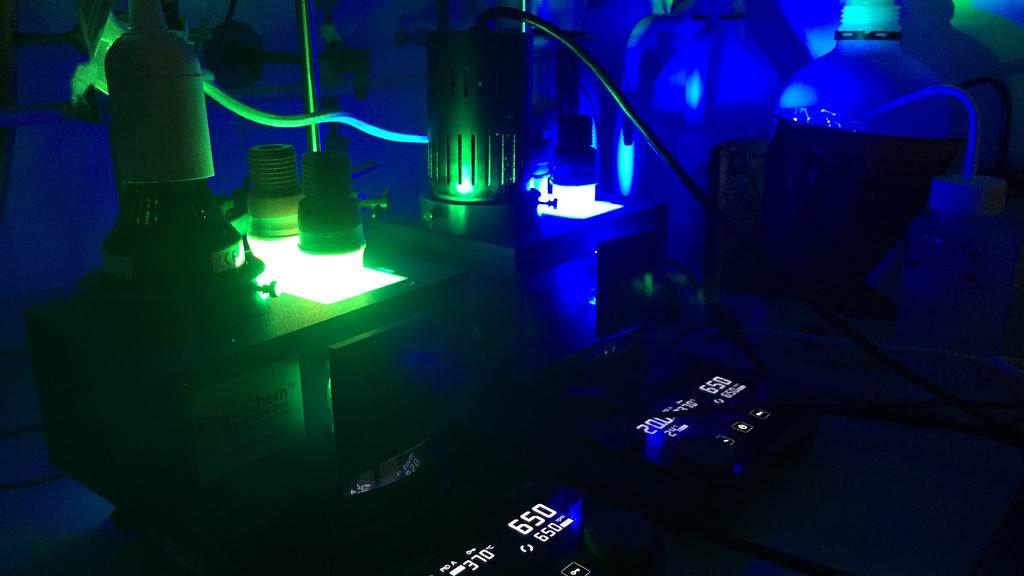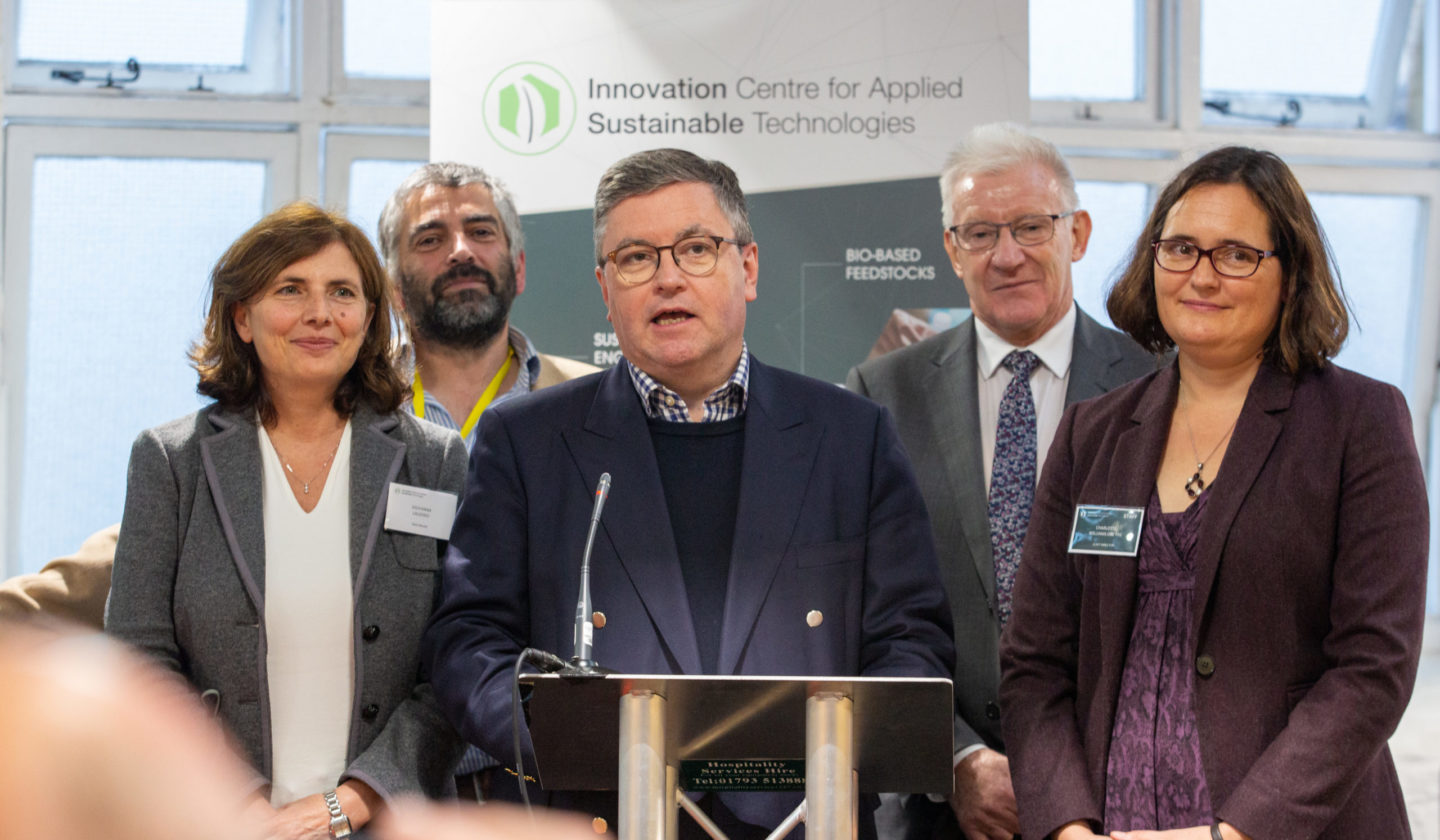
CSCT to be a major partner in £20m industrial decarbonisation centre
The Industrial Decarbonisation Research and Innovation Centre (IDRIC) will bring industry and academia together to slash carbon emissions.
The Centre for Sustainable and Circular Technologies (CSCT) will be a leading partner in a £20M state-of-the-art research and innovation centre at the forefront of the UK’s ambitions to cut industrial greenhouse gas emissions.The Industrial Decarbonisation Research and Innovation Centre (IDRIC) has received £20m from UK Research and Innovation (UKRI).
It will be a world-leading, high-impact research and innovation centre, acting as the national focal point and international gateway for UK industrial decarbonisation.Virtually based at Heriot-Watt University’s Edinburgh campus, IDRIC will work closely with the UK’s major industrial clusters to address the challenges of industrial decarbonisation alongside more than 140 partners as part of a drive to create the world’s first net-zero emissions industrial cluster by 2040 and four low-carbon clusters by 2030.It will integrate best use of challenge-led research, transformative innovation, knowledge sharing and nurturing talent.
The CSCT will be involved in research projects to address decarbonisation through balancing carbon emissions within local clusters, decarbonising through reviewing land use, and producing high-value chemicals.
Co-Director of CSCT and Bath’s IDRIC lead, Professor Marcelle McManus, said: “IDRIC is such a wonderful project and we are delighted that CSCT will be able to contribute its expertise.
“Decarbonisation is a crucial issue and £20 million is a sizeable investment from the government. There’s significant buy-in from across industry and all of the industrial clusters – either in terms of time, money, people or all three. The potential impacts from IDRIC are huge as the UK works towards its 2050 net-zero target.
“Coupled with the recent announcement that CSCT will lead the £17M iCAST initiative, CSCT continues to grow and develop its reputation as a world-leading centre for sustainability research.”
IDRIC will be headed by UKRI’s Industrial Decarbonisation Champion Professor Mercedes Maroto-Valer, who will drive industrial decarbonisation as part of the UK’s journey to net zero.
She said: “I am delighted to lead IDRIC, the UK research and innovation hub for industrial decarbonisation that will set the foundations for the new industrial clusters of tomorrow. The 2020s will be key for the UK to set the pathway to meet its carbon targets and IDRIC will play a key role to accelerate the decarbonisation of industrial clusters. Working with the research and innovation community, we will demonstrate our international competitiveness to realise the opportunities offered by economies of scale in decarbonising industrial clusters and driving new business models.”
IDRIC is part of the Industrial Decarbonisation challenge, delivered through the Industrial Strategy Challenge Fund (ISCF) by UKRI, and part of the commitments set out in the Prime Minister’s 10 Point Plan for a green revolution. IDRIC will accelerate the transformation of industrial clusters into world-leading low-carbon manufacturing hubs which will attract major inward investment, support job creation and underpin the UK’s decarbonisation ambitions.
This challenge aims to accelerate the cost-effective decarbonisation of industry by developing and deploying low-carbon technologies. It aims to enable the deployment of infrastructure at scale by the mid-2020s. It also aims to boost industry sector jobs, reduce carbon emissions and contribute significantly to the UK Government’s carbon target to reach net zero by 2050.
To kick start the process, six projects across the UK received £8 million in government funding to develop cluster plans to cut carbon emissions from major industrial areas. £171m were allocated in March to nine green technology projects to undertake engineering and design studies for the rollout of decarbonisation infrastructure, such as carbon capture, usage and storage and hydrogen.
In March 2021, the UK Government also announced a new Industrial Decarbonisation Strategy which sets out the government’s vision for building a competitive, greener future for the manufacturing and construction sector. As part of the government’s path to net zero by 2050, the measures will create and support 80,000 UK jobs over the next 30 years whilst cutting emissions by two-thirds in just 15 years.
Dr Bryony Livesey, Challenge Director for the Industrial Decarbonisation challenge, said: “The introduction of the IDRIC concept shows the commitment to not only fund largescale decarbonisation efforts, but to make sure we continually learn from and adapt to their early results and challenges. By enabling the Centre to build evidence on a range of areas from direct costs and emissions to skilled jobs and wider net-zero policy, we believe we are creating a more adaptive and responsible path for the UK’s big industry to take to remain at the forefront of a global low-carbon future.”







